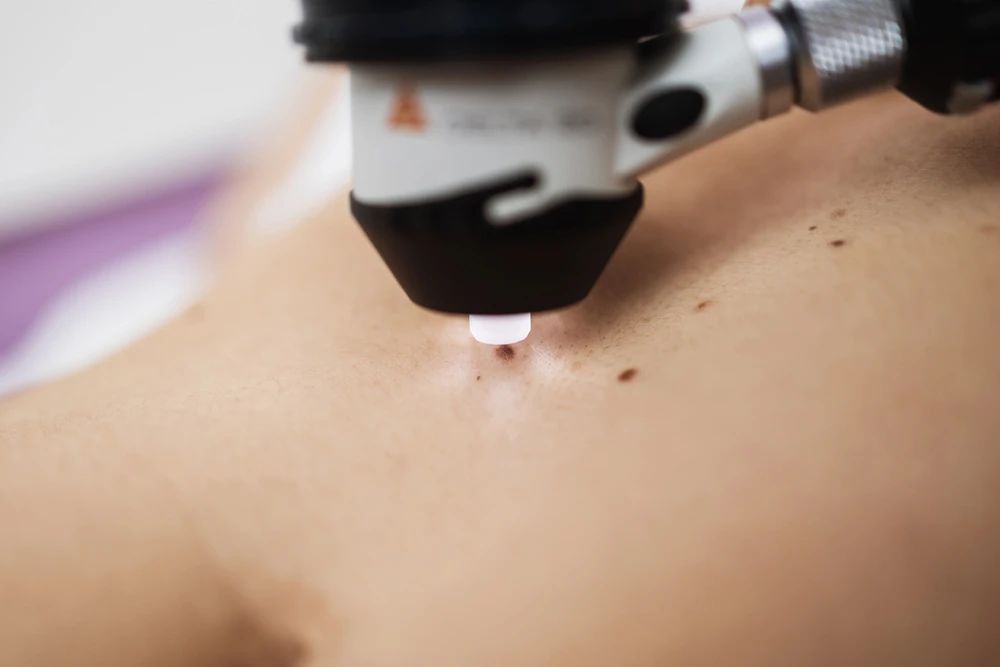It’s well known that the average man has a lower life expectancy than women, but how much do you really know about men’s health? Here are 3 of the most common medical concerns men face.
Coronary Artery Disease of the Heart
Coronary Artery Disease of the Heart (CAD) is a leading cause of death worldwide for both men and women. However, men tend to be at a higher risk of CAD, and it affects them much earlier in life.
Atherosclerosis is the disease process in CAD, where plaque builds up in the arteries.
High blood pressure, high LDL-cholesterol levels, poorly controlled diabetes mellitus and smoking are some of the established major risk factors of atherosclerosis.
Vascular plaque within diseased arteries can lead to acute myocardial infarction / ‘heart attack’ which can potentially be fatal.
If you are experiencing any of these symptoms, consider a health screen or consultation with your doctor.
• Unexplained leg swelling• Breathless when lying flat• Irregular heart beat/palpitations• Nausea and intractable vomiting• Reduced effort toleranceIf you have chest pain, shortness of breath, dizziness that is of sudden onset you should either go down to your nearest A&E or urgently consult your doctor as it could be a sign of severe heart disease.
Men can protect themselves from heart disease by taking steps to stay healthy.
Schedule regular check-ups and monitor your blood pressure, maintain good diabetic control and watch cholesterol levels.
Get plenty of exercise (but be sure to do so in a progressive manner) and maintain a healthy diet.
Quitting smoking and reducing alcohol consumption will also reduce risks of CAD.
The prostate is a gland that is below the bladder and is responsible for producing part of the liquid component of semen. Only men have prostate. Prostate cancer has become the 3rd most common cancer in Singaporean men.
Facts about prostate cancer
• Cancer is the development of abnormal cells that can multiply uncontrollably to form growths or tumors in the body. These tumors can then invade organs, spread and eventually cause death.
• Prostate cancer is one of the most common cancers in men.
• Many prostate cancers are slow growing.
• Prostate cancers vary in aggressiveness.
• Prostate usually occurs in men older than 50 years of age.
• Although uncommon, prostate cancer can be hereditary.
• Early stage prostate cancers with low aggressiveness can be managed with active surveillance, especially in the elderly.
• Aggressive prostate cancers should be treated.
• These cancers, when discovered early can be completely eradicated, thus making early detection important.
Symptoms of prostate cancer
• Early prostate cancer has no symptoms
• Thus the importance of early screening and detection
It’s important to note that prostate cancer often presents without any noticeable symptoms. Doctors recommend regular prostate examinations because early detection plays a big part in successful treatment.
Diabetes is a growing health concern for both men and women. Poorly controlled diabetes can adversely affect a man’s testosterone level and cause impotence and infertility.
Men (and women) who are significantly overweight have a much higher risk of developing diabetes, which is why it is important to maintain a healthy, balanced diet.
• Diabetes is a metabolic disorder affecting the body’s blood sugar levels.
• Type 1 diabetes is also known as insulin dependent diabetes. Its main pathophysiology is an absolute decrease in insulin production, where patients require insulin injections in order to survive. Insulin is required to drive glucose into the cells instead of just staying in the blood.
• Type 2 diabetes occurs when your body builds up a resistance to insulin. For example, increasing weight gain can cause blood sugar levels to rise.
• High blood sugar may lead to vasculopathy and neuropathy that can result in blindness, CAD, peripheral vascular diseases, and even heart attack and stroke.
• While many of the symptoms are the same for men and women, men can suffer additional complications such as loss of muscle mass, erectile dysfunction, and infection of the male genitalia.
• Increased hunger or thirst• Unexplained weight loss• Non-healing ulcers of the extremities• Frequent need to urinatePlease note that in mild to moderate diabetes, there might not be any symptoms at all. In fact about 50% of those with diabetes do not know they are suffering from the disease.
In most cases, diabetes can be avoided, or at least delayed with exercise, a healthy balanced diet, and maintaining a healthy body weight. A sedentary lifestyle has been identified as one of the leading causes of type 2 diabetes, so an active lifestyle can make a difference.
Parkway Health Management

For more information or to make an appointment, please call 400 819 6622.
Copyright: Health Plus an online health and wellness web resource developed by Parkway Singapore https://www.parkwayshenton.com/healthplus/article/common-mens-health-concerns
Baker, P. (2018, Oct 22) The gender agenda: WHO Europe’s new men’s health strategy. Retrieved 24/07/19 from https://www.healtheuropa.eu/mens-health/88561/
Basina, M. (2018, Oct 4) Everything You Need To Know About Diabetes. Retrieved 24/07/19 from https://www.healthline.com/health/diabetes
Dansinger, M. (2018, July 15) Diabetes in Men. Retrieved 24/07/19 from https://www.webmd.com/diabetes/diabetes-men#3
Diabetes Symptoms In Men. (ND) Retrieved 24/07/19 from https://www.diabetes.co.uk/diabetes-symptoms-in-men.html
Driver Gender Facts. (ND) Retrieved 24/07/19 from https://www.brake.org.uk/facts-resources/1593-driver-gender
Nazario, B. (2008, Sep 10) 6 Top Health Threats To Men. Retrieved 24/07/19 from https://www.webmd.com/men/features/6-top-health-threats-men#4
Pathak, N. (2017, Sep 22) Never Ignore These 11 Heart Symptoms. Retrieved 24/07/19 from https://www.webmd.com/heart-disease/features/never-ignore-symptoms#3
Wedro, B. (2018, Dec 4) Men’s Health. Retrieved 24/07/19 from https://www.medicinenet.com/mens_health/article.htm#introduction_to_mens_health
Weng, M. (2016, Jun 20) 10 Top Health Risks for Men. Retrieved 24/07/19 from https://www.healthline.com/health/top-10-health-risks-for-men

Parkway is part of IHH Healthcare, one of the largest healthcare providers in the world by market capitalization. Its operates 80 hospitals with more than 15,000 beds in 10 countries.
Parkway first arrived in China in 2004. In 2006, Parkway opened its first medical center in Shanghai, bringing world-renowned quality healthcare to China. Through the acquisition of World Link Group in 2007, Parkway becomes Shanghai's largest foreign-owned medical network.
Parkway China is a leading international healthcare provider. With a team of nearly 100 internationally trained physicians, we now operate 8 medical facilities conveniently located in Shanghai, Chengdu and Hong Kong offering more than 40 specialties. We work closely with the best local hospitals with which we share our knowledge and expertise to ensure the best services possible to our patients. We have established direct billing services with over 50 insurance companies. We provide both outpatient and inpatient care for adults and children. Our services include: Family Medicine, Adult Medicine, Pediatrics, Gynecology, Dentistry, Cardiology, ENT, Gastroenterology, Ophthalmology, Dermatology, General Surgery, Orthopedics & Sports Medicine, Urology, Beauty & Skin Care, Psychiatry, Traditional Chinese Medicine & Acupuncture, Osteopathy, etc.




































